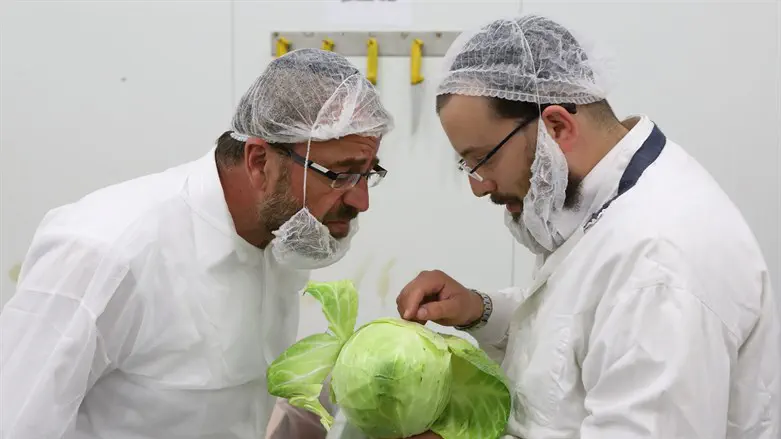
Religious Zionism and United Torah Judaism (UTJ) MKs are considering a state kashrut (kosher food) system to replace the reforms introduced under former Religious Affairs Minister Matan Kahana (National Unity) while avoiding the problems before the reforms, Israel Hayom reports.
According to the report, the plan was initiated by the Kosharot organization which opposed the reforms over the past year and is currently proposing a plan which would allow for the utmost level of kashrut observation while bypassing the reform's problems and keeping the kashrut system under the Chief Rabbinate's purview..
According to the plan outlined by Kosharot, the three processes that formed the reform's basis must be stopped: the introduction of private kashrut organizations, the right for local religious councils to give supervision throughout the country, and the "three rabbis" standard created for the purpose of overriding the Chief Rabbinate through three municipal rabbis who can permit the provision of kashrut supervision. After stopping those processes, several steps must be taken to lay the groundwork for a new state kashrut body.
Kosharot states that enforcement authority must be granted to Chief Rabbinate supervisors, something that does not currently exist. In addition, the government must form a national kashrut standards committee, that will determine a few levels of kashrut, according to which the local rabbinates will work, to create a unified and set kashrut standard nationwide. Kosharot suggests setting three different levels of kashrut.
According to the plan, local religious councils will undergo a kashrut certification and regulation process, including training sessions, set training for kashrut supervisors, and more. In addition, they will be instructed to undergo digitization and to be fully transparent. The plan is to create a digital platform for reports, which will include online check-ups on supervisors, to create high-quality kosher supervision.
Kosharot is also suggesting the formation of a state body that would solve the problems created by the fact that the business owner pays the kashrut supervisor's salary. According to the plan, this body would transfer funding to the local religious councils so they can pay their supervisors.
